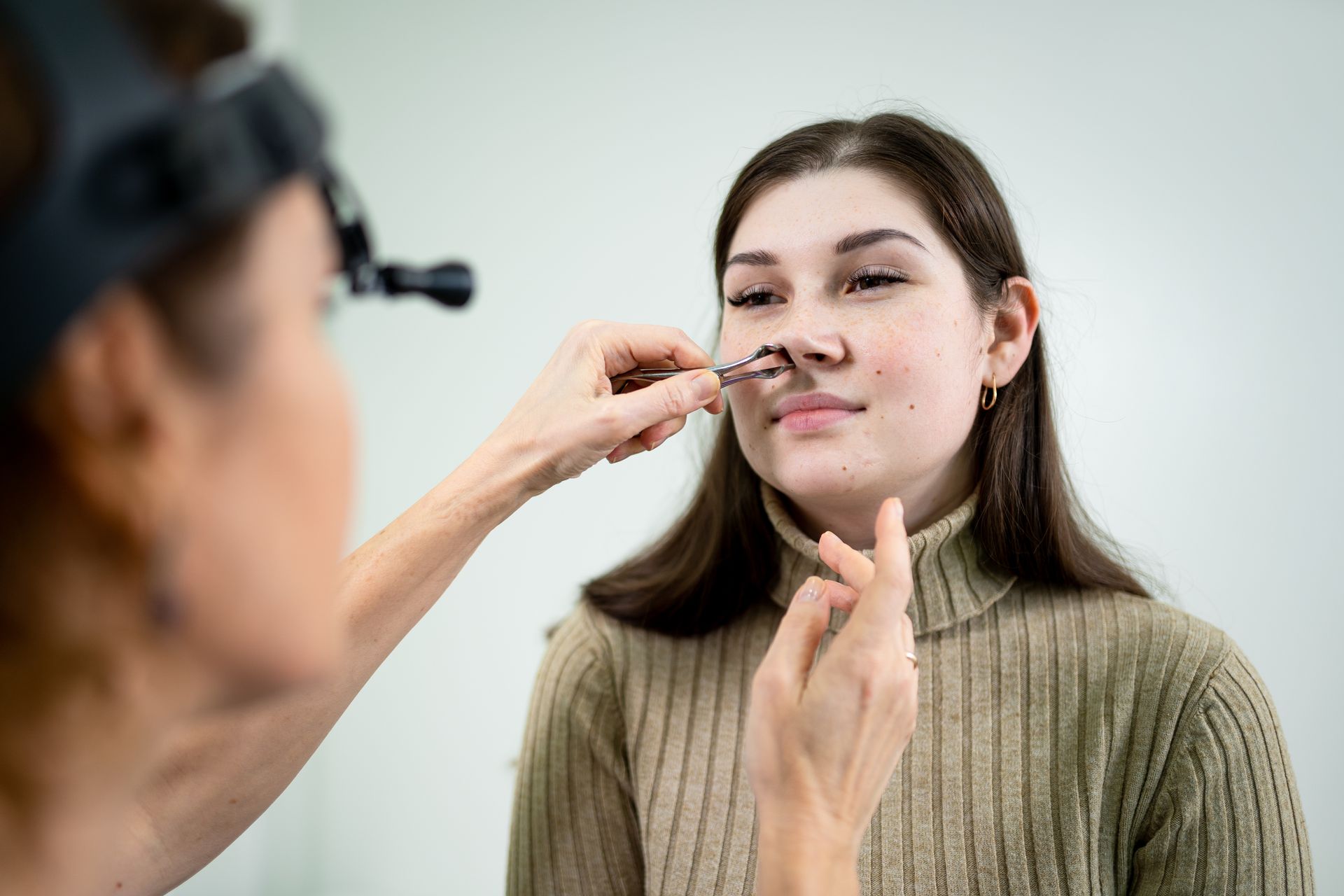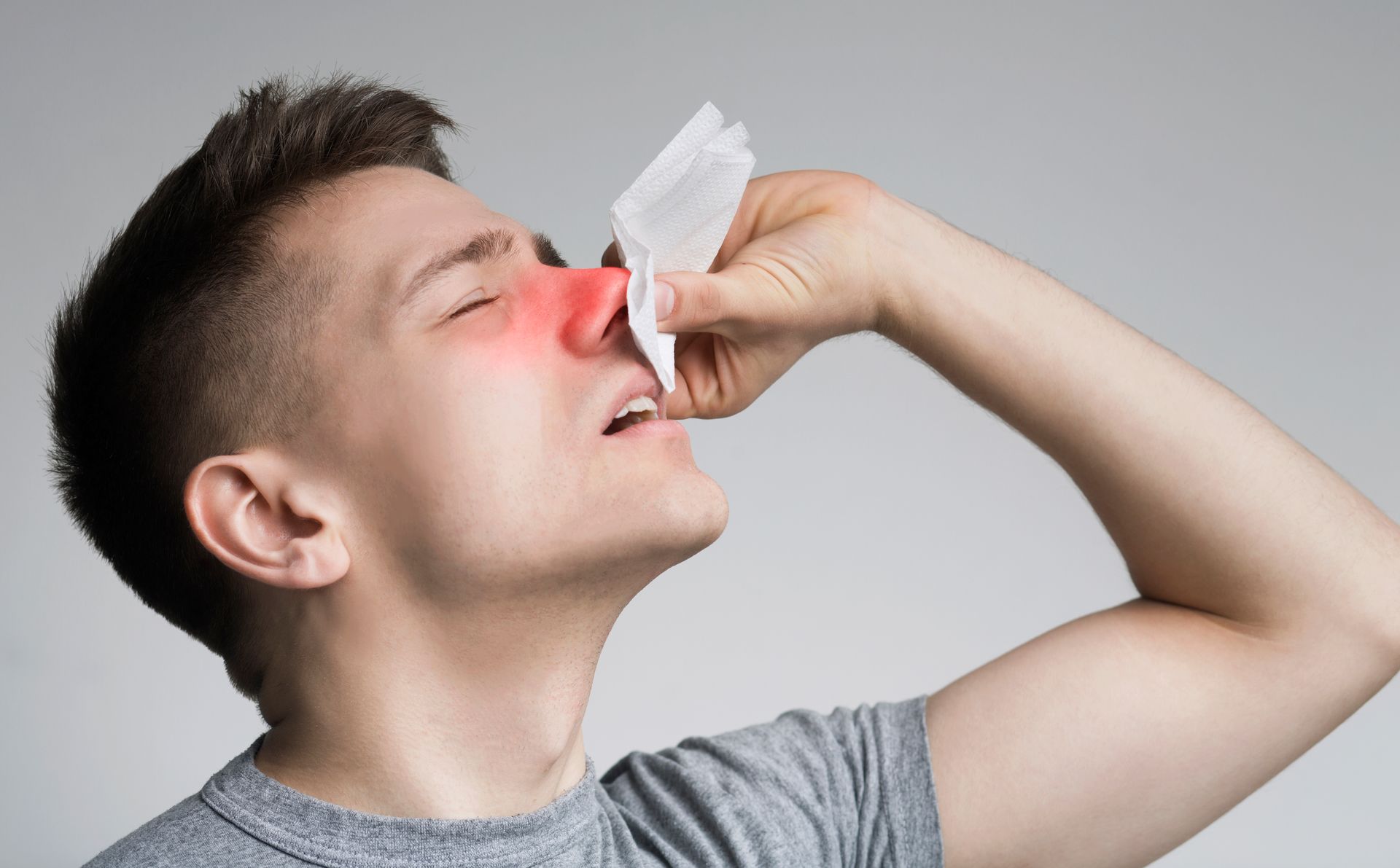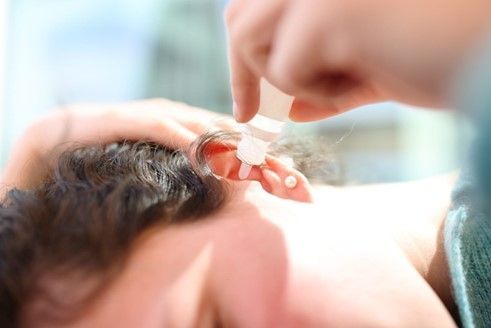All You Need to Know about Hearing Loss Treatment in Louisville, KY
Hearing loss is one of the most common health problems children, and adults face today. The WHO projects that by 2050, nearly 2.5 billion people will have some degree of hearing loss, and at least 700 million will require hearing rehabilitation.
Having trouble with your hearing can interfere with your capacity to work and enjoy life. Dealing with a hearing loss can be frightening, stressful, irritating, and isolating for many people. If you have problems hearing, the first thing you should do is obtain a hearing test and a complete review from a professional.
In recent years, many innovative treatments for hearing loss have emerged due to advances in medicine and technology. How can you know which one is right for you when there are so many options? The treatment your doctor recommends is typically influenced by the type and severity of your loss. The good news is that no matter the type of hearing loss, there are treatments that can help you. Let’s have a look at some of them in detail.
Treatments for Hearing Loss
1. Hearing Aids
These devices aid in the restoration of hearing by increasing the volume of sounds around you and making it easier for your inner ear to detect them. Hearing aids can be analog or digital. Depending on the severity of the hearing loss, different kinds of hearing aids are suggested by experts. Some of them are:
Behind-the-ear - It comes with a plastic casing that you wear behind your ear and is best for mild to severe hearing loss.
Open-fit - These are also worn behind the ear. Some people prefer them because they don't feel too intrusive. They're also less prone to earwax injury and are more difficult to notice because they are smaller.
In-the-ear - These models can aid those with hearing loss ranging from mild to severe. The pieces are so small that they fit fully into your outer ear and make it simpler to communicate on the phone because of their parts.
In-canal - This type is preferred for people who have mild to moderate hearing loss. They're also small enough to be inserted into the ear canal.
2. Hearing Rehabilitation
Hearing rehabilitation, also known as audiologic rehabilitation, is a type of therapy that supports your adjustment to hearing loss and the use of hearing aids. To increase communication, a therapist can also teach you how to effectively use visual signals and lip-reading.
3. Listening Devices
These hearing aids can help you hear the phone, television, or videos on your computer better.
4. Medications
Antibiotics may help improve hearing loss caused by ear infections. After being exposed to high noise, corticosteroids can help reduce the swelling of cochlear hair cells. If your medicine is causing your hearing loss, your doctor may recommend an alternative prescription.
5. Surgery
Your doctor may implant ear tubes in your eardrum to treat middle ear infections that cause hearing loss. Surgical procedures to remove tumors, correct birth deformities, and cochlear implants are also performed by our providers.
Some surgically implanted hearing aids are:
● Implants in the middle ear
● Bone-anchored hearing aids.
● Cochlear implants
The medical experts at Kentuckiana Ear, Nose and Throat aim to support, promote, and create healthy hearing. If you're looking for quality hearing loss treatment for yourself or your loved ones, book an appointment with us. Our physicians are experts in otolaryngology and offer a wide range of adult and pediatric services. We provide comprehensive and compassionate ENT care to patients in Louisville, Kentucky, and Jeffersonville, Indiana. If you want to make an appointment, please call 502-894-8441 or contact us online.













